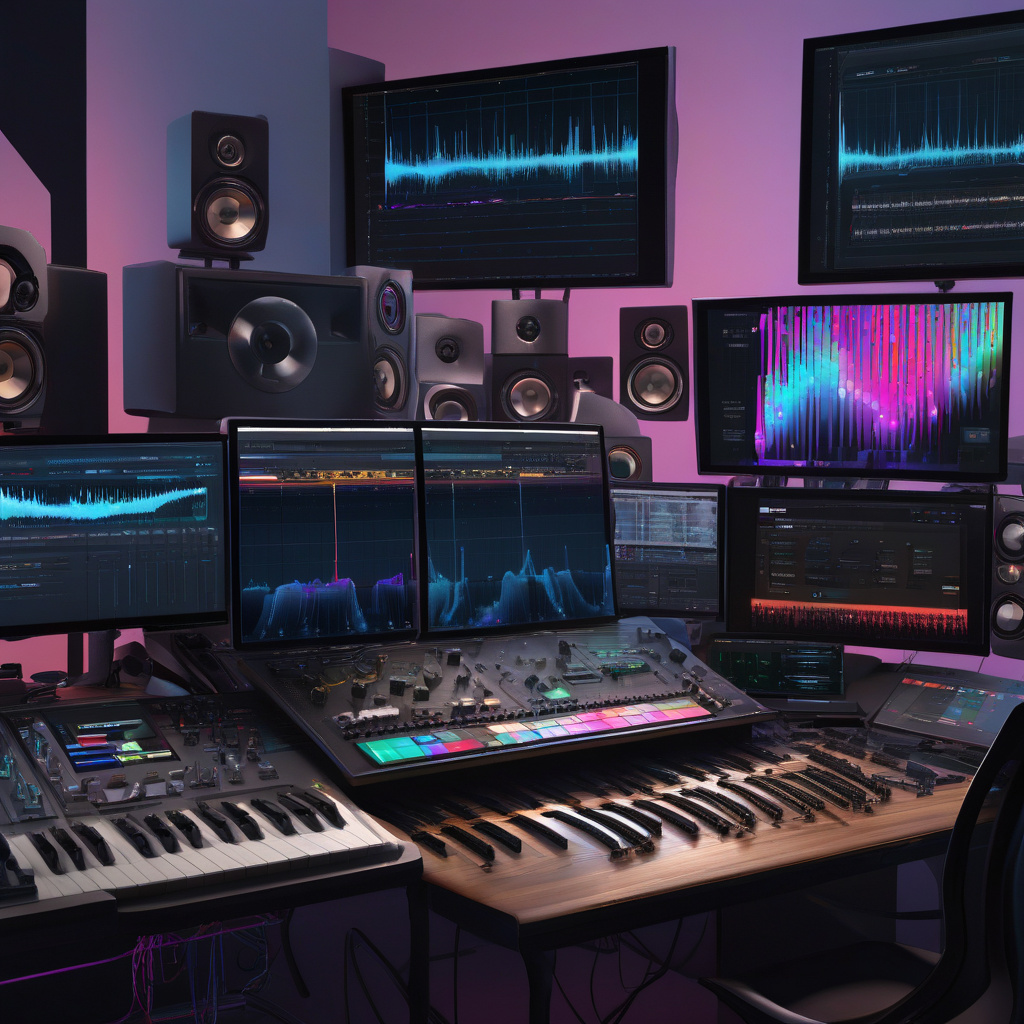The Rise of AI-Generated Music and Its Fraught Impact on Deezer
In a recent revelation by Deezer, the French streaming platform, a staggering 70% of streams attributed to AI-generated music are deemed fraudulent. This alarming statistic sheds light on a concerning trend within the music industry, where artificial intelligence is being exploited to manipulate streaming numbers for financial gain.
The allure of AI-generated music lies in its efficiency and cost-effectiveness. With algorithms capable of composing endless melodies and tracks, artists and labels have turned to this technology to churn out vast quantities of music quickly. However, this convenience has inadvertently opened the door to fraudulent practices, with individuals and entities exploiting AI to artificially inflate streaming numbers and royalties.
The implications of this fraudulent activity extend beyond mere numbers. Legitimate artists and musicians who rely on streaming platforms like Deezer to showcase their talent and earn a living are now facing unfair competition from these manipulated streams. Not only does this undermine the authenticity of the music industry, but it also jeopardizes the livelihoods of hard-working artists who deserve recognition based on merit, not manipulation.
While Deezer’s report sheds light on the prevalence of fraudulent streams, it also underscores the urgent need for increased vigilance and transparency within the music streaming ecosystem. Platforms must implement robust measures to detect and prevent such fraudulent activities, ensuring a level playing field for all artists.
Moreover, this revelation highlights the broader ethical considerations surrounding AI in the creative industry. As AI technology continues to advance, it is crucial for stakeholders to address the ethical implications of its use, particularly in artistic endeavors where authenticity and creativity are paramount.
As professionals in the IT and development spheres, it is essential to stay informed about the intersection of technology and creative industries. By understanding the challenges posed by AI-generated music and fraudulent streams, we can work towards developing solutions that uphold integrity, fairness, and creativity in the digital landscape.
In conclusion, the prevalence of fraudulent streams attributed to AI-generated music on Deezer serves as a stark reminder of the ethical dilemmas posed by technological advancements in the music industry. By addressing these challenges head-on and fostering a culture of transparency and accountability, we can ensure a sustainable and equitable future for all musicians and artists in the digital age.

